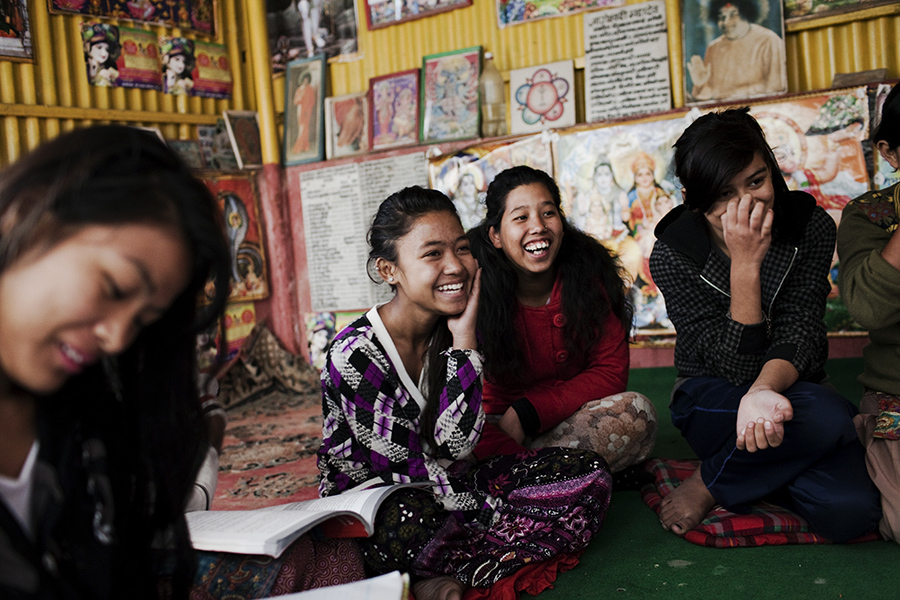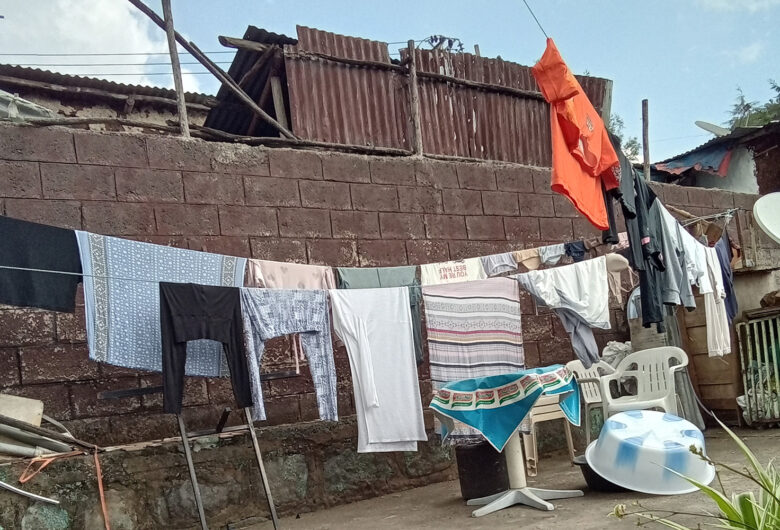This paper draws on evidence from research and practice to explore the causes and drivers of child domestic work and the key issues for practitioners and policy-makers.
Of the estimated 17 million child domestic workers globally, almost 70% are girls and over two-thirds are considered to be living and working in unacceptable conditions, with many experiencing discrimination, exploitation and abuse.
The paper explores child domestic work as a labour issue; as a relational practice involving family and kinship structures; as a strongly gendered issue, primarily affecting girls and young women; and as a contemporary form of slavery, arguing that many child domestic work situations can accurately be categorised as ‘modern slavery’.
It concludes by setting out a range of implications for interventions based on the evidence and learning to date, including the importance of a localised and context-specific analysis of the drivers and motivations, the need for meaningful participation of girls and young women, and the importance of engaging with employers and their families.
Photo credit: Katie Orlinsky, Legatum Limited, 2018



